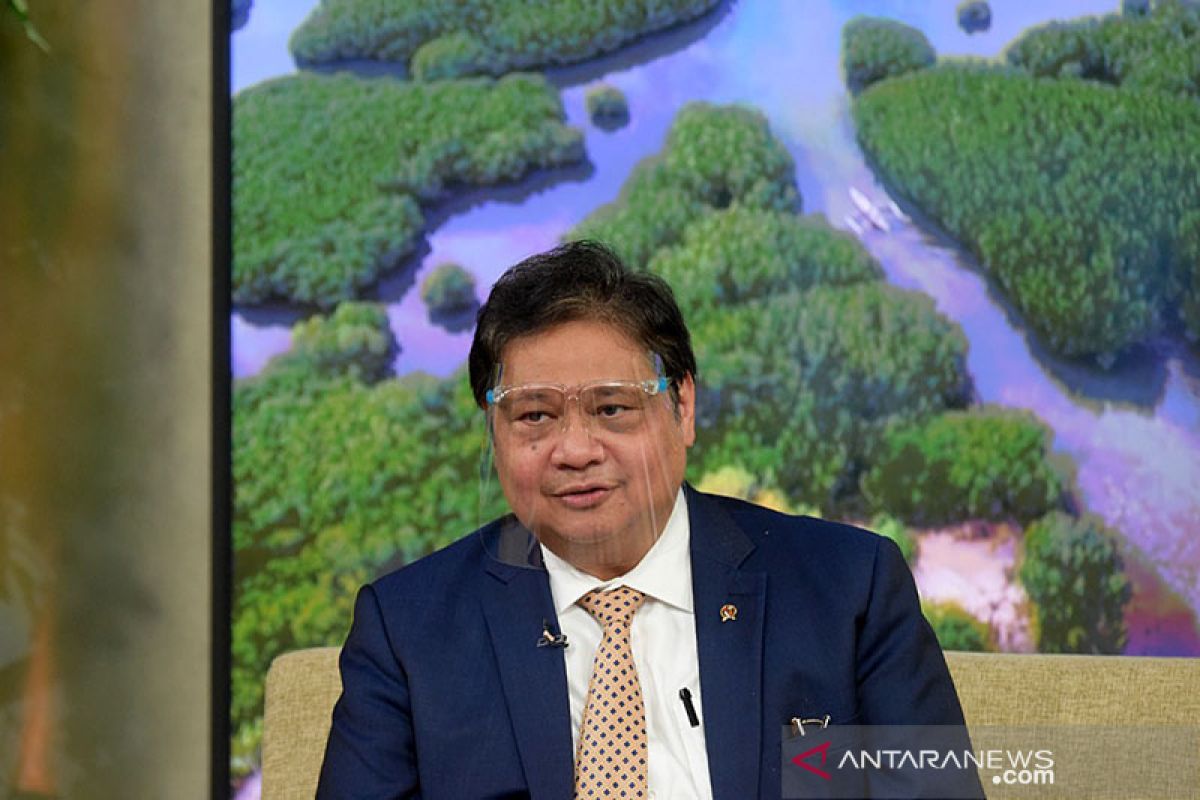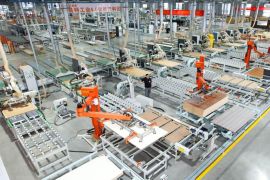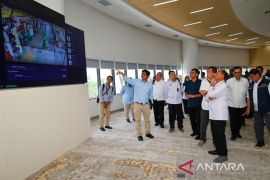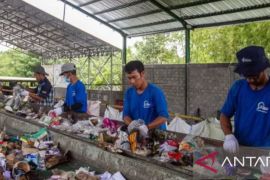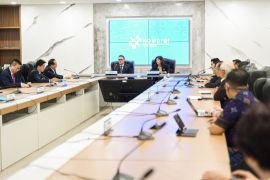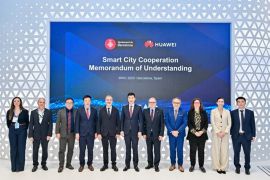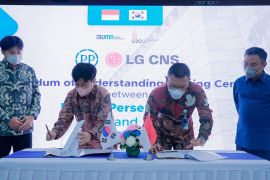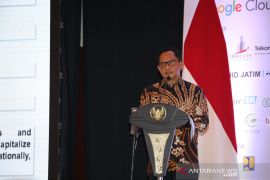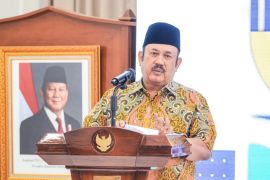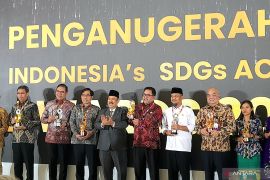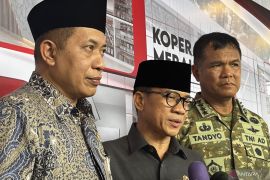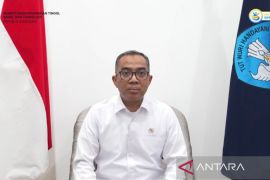"Rapid developments in digitalization in Indonesia also provide an opportunity to accelerate the realization of Sustainable Development Goals (SDGs) that have become a global commitment through three enablers," Airlangga noted in an official statement received in Jakarta, Friday.
He revealed that the three enablers were access to information and services for every individual in rural and urban areas, connectivity between individuals and organizations, as well as resource efficiency from increased productivity.
One example of implementing the transformation to support SDGs included in the 2020-2024 National Medium-Term Development Plan (RPJMN) is the concept of smart, green, and sustainable city. The smart city concept should be implemented to overcome various problems, such as congestion, garbage accumulation, decreasing water and air quality, and increasing crime rates.
Airlangga noted that the government, through the movement of 100 Smart City, had compiled a smart city master plan and quick win program for 100 districts and cities throughout Indonesia with the development focus emphasizing on the six main pillars: smart governance, smart mobility, smart economy, smart living, smart people, and smart environments.
"The government is also initiating the preparation of the digital transformation strategy framework as a guideline in implementing the digitalization process that is directed at three strategic sectors of digital government, digital economy, and digital society, wherein the implementation of the smart city concept is one of the indicators in the development of digital governance," Airlangga affirmed.
Digital transformation will create an additional gross domestic product (GDP) growth of up to one percent per year. This GDP growth is able to support the realization of 2.5 million additional jobs, 600 thousand digital talents every year, 50 percent of digitalized MSMEs, 82.3 percent of internet users, and five thousand new start-ups.
In addition, by 2024, Indonesia is expected to achieve better rankings at the global level, such as in the United Nations (UN) E-Government Survey, the competitiveness index of Digital Institute for Management Development (IMD), Information Communication Technology Development Index of United Nations, as well as the World Bank's Ease of Doing Business Index.
“I believe that through good collaboration between the government and the private sector, the sustainable development goals will be achieved faster with high quality. Moreover, Indonesia will be the first emerging country to hold the G20 presidency next year, so we also need inputs from the business world to be voiced at the global level," he noted.
Related news: Smart city concept can address urban challenges: VP
Related news: New capital city must be aligned with smart-metropolis concept: Jokowi
Related news: A pilot city of ASEAN Smart Cities Network: Jakarta
Translator: Kuntum K, Azis Kurmala
Editor: Sri Haryati
Copyright © ANTARA 2021
